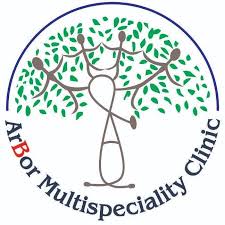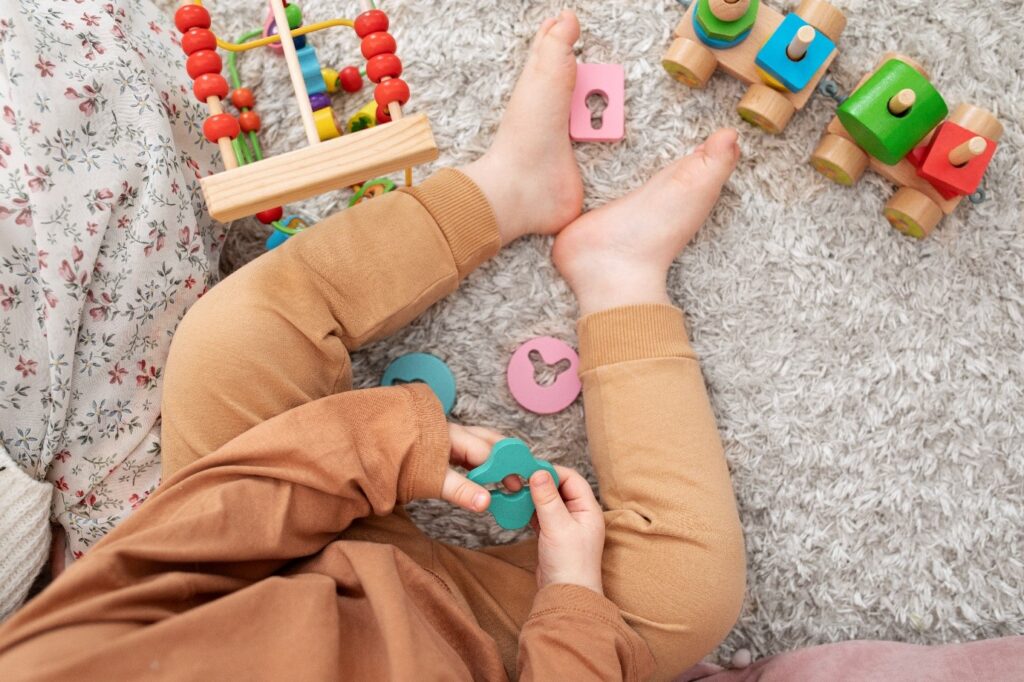In the remarkable journey of childhood, play isn’t just fun; it’s a powerful tool for growth. Age-related toys play a crucial role in shaping a child’s cognitive, emotional, and physical development. These thoughtfully crafted playthings cater to a child’s specific stage of growth, offering a myriad of benefits that lay the foundation for future learning and success.
- Cognitive Stimulation: Age-appropriate toys engage young minds by challenging them to solve problems, make decisions, and think critically. Puzzles, building blocks, and educational games encourage cognitive development and intellectual curiosity.
- Motor Skills Enhancement: From grasping to manipulating objects, age-related toys promote the development of fine and gross motor skills. These skills are essential for tasks ranging from writing to playing sports.
- Safety First: Age-related toys adhere to safety standards, reducing the risk of choking hazards and other potential dangers. Parents can rest assured that their child is playing with toys that prioritize safety.
- Sensory Exploration: Toys with various textures, colors, and sounds stimulate a child’s senses, promoting sensory integration and enhancing their understanding of the world around them.
- Social Interaction: Toys designed for specific age groups encourage cooperative play, teaching children how to share, take turns, and communicate effectively with peers.
- Imagination and Creativity: Age-related toys inspire imaginative play, enabling children to explore different roles and scenarios. Dolls, action figures, and pretend play sets encourage creative thinking.
- Emotional Development: Through play, children learn to express and manage their emotions. Age-related toys that involve role-playing can help children understand and cope with various feelings.
- Language Acquisition: Interactive toys can facilitate language development by exposing children to new words, sounds, and concepts in an engaging way.
- Parent-Child Bonding: Playing with age-related toys provides opportunities for parents to connect with their children, strengthening the parent-child relationship.
- Learning through Fun: Age-related toys seamlessly blend learning with play, making the educational process enjoyable and memorable for children.
By selecting age-appropriate toys, parents and caregivers actively contribute to a child’s developmental journey. These toys not only entertain but also serve as essential tools for cultivating essential skills and qualities that will benefit them throughout their lives. As children engage in play, they build a strong foundation for their future learning experiences and interactions with the world around them.
In conclusion, age-related toys are much more than just playthings; they are vehicles for growth, learning, and exploration. From fostering cognitive development to enhancing motor skills and encouraging social interactions, these toys play a vital role in shaping well-rounded individuals. As parents and caregivers, choosing age-appropriate toys is a thoughtful investment in a child’s future, setting the stage for a bright and successful life.



